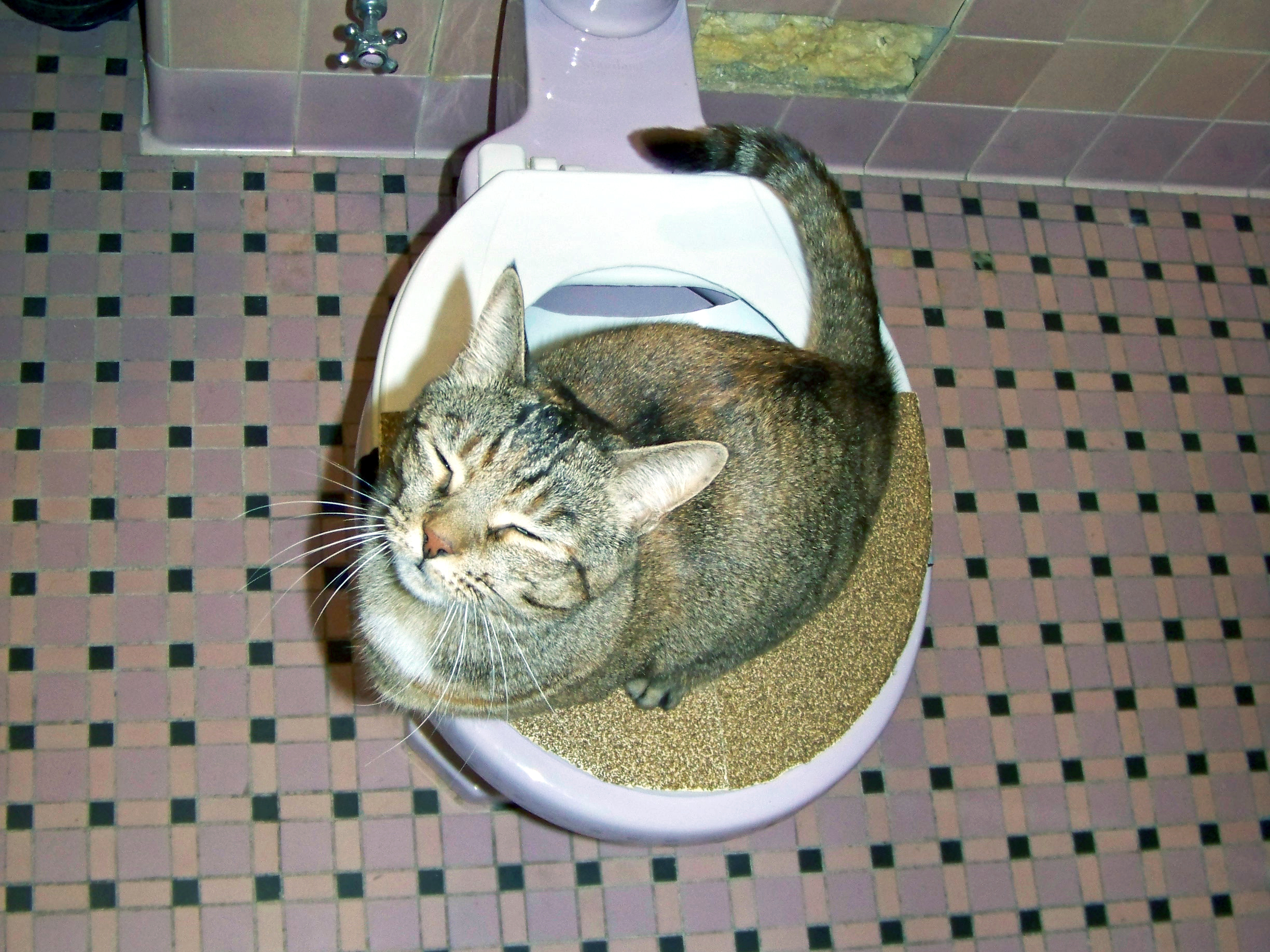Hazards of Flushing Cat Poop Down Your Toilet - Avoid Possible Issues
Hazards of Flushing Cat Poop Down Your Toilet - Avoid Possible Issues
Blog Article
We've stumbled upon this post relating to How to Dispose of Cat Poop and Litter Without Plastic Bags below on the net and think it made perfect sense to relate it with you on this site.

Intro
As pet cat proprietors, it's necessary to be mindful of how we take care of our feline friends' waste. While it might appear convenient to purge feline poop down the commode, this method can have destructive effects for both the environment and human wellness.
Alternatives to Flushing
Thankfully, there are much safer and much more responsible methods to throw away feline poop. Take into consideration the adhering to options:
1. Scoop and Dispose in Trash
One of the most common technique of throwing away feline poop is to scoop it into a biodegradable bag and throw it in the garbage. Be sure to make use of a devoted litter scoop and deal with the waste without delay.
2. Use Biodegradable Litter
Choose naturally degradable pet cat clutter made from materials such as corn or wheat. These litters are eco-friendly and can be safely gotten rid of in the garbage.
3. Hide in the Yard
If you have a backyard, think about hiding feline waste in an assigned location far from vegetable gardens and water resources. Make certain to dig deep enough to stop contamination of groundwater.
4. Install a Pet Waste Disposal System
Purchase an animal garbage disposal system specifically designed for cat waste. These systems make use of enzymes to break down the waste, reducing smell and environmental influence.
Wellness Risks
In addition to environmental worries, purging pet cat waste can also position health and wellness dangers to people. Feline feces may consist of Toxoplasma gondii, a parasite that can trigger toxoplasmosis-- a potentially serious ailment, specifically for expectant females and individuals with weakened body immune systems.
Ecological Impact
Flushing feline poop presents hazardous pathogens and parasites right into the water system, posturing a substantial threat to marine environments. These pollutants can adversely impact aquatic life and concession water top quality.
Conclusion
Responsible pet possession extends past offering food and shelter-- it additionally entails proper waste management. By avoiding purging cat poop down the toilet and choosing different disposal approaches, we can lessen our ecological impact and safeguard human health and wellness.
Why You Should Never Flush Cat Poop Down the Toilet
A rose by any other name might smell as sweet, but not all poop is created equal. Toilets, and our sewage systems, are designed for human excrement, not animal waste. It might seem like it couldn’t hurt to toss cat feces into the loo, but it’s not a good idea to flush cat poop in the toilet.
First and foremost, assuming your cat uses a litter box, any waste is going to have litter on it. And even the smallest amount of litter can wreak havoc on plumbing.
Over time, small amounts build up, filling up your septic system. Most litter sold today is clumping; it is made from a type of clay that hardens when it gets wet. Ever tried to scrape old clumps from the bottom of a litter box? You know just how cement-hard it can get!
Now imagine just a small clump of that stuck in your pipes. A simple de-clogger like Drano isn’t going to cut it. And that means it’s going to cost you big time to fix it.
Parasitic Contamination
Believe it or not, your healthy kitty may be harboring a nasty parasite. Only cats excrete Toxoplasma in their feces. Yet it rarely causes serious health issues in the cats that are infected. Most people will be fine too if infected. Only pregnant women and people with compromised immune systems are at risk. (If you’ve ever heard how women who are expecting are excused from litter cleaning duty, Toxoplasma is why.)
But other animals may have a problem if infected with the parasite. And human water treatment systems aren’t designed to handle it. As a result, the systems don’t remove the parasite before discharging wastewater into local waterways. Fish, shellfish, and other marine life — otters in particular — are susceptible to toxoplasma. If exposed, most will end up with brain damage and many will die.
Depending on the species of fish, they may end up on someone’s fish hook and, ultimately on someone’s dinner plate. If that someone has a chronic illness, they’re at risk.
Skip the Toilet Training
We know there are folks out there who like to toilet train their cats. And we give them props, it takes a lot of work. But thanks to the toxoplasma, it’s not a good idea.

We had been shown that article about Don’t flush cat feces down the toilet through someone on a different web property. Don't hesitate to take the opportunity to promote this blog posting if you enjoyed it. I recognize the value of reading our article about Don’t flush cat feces down the toilet.
Visit Our Website Report this page